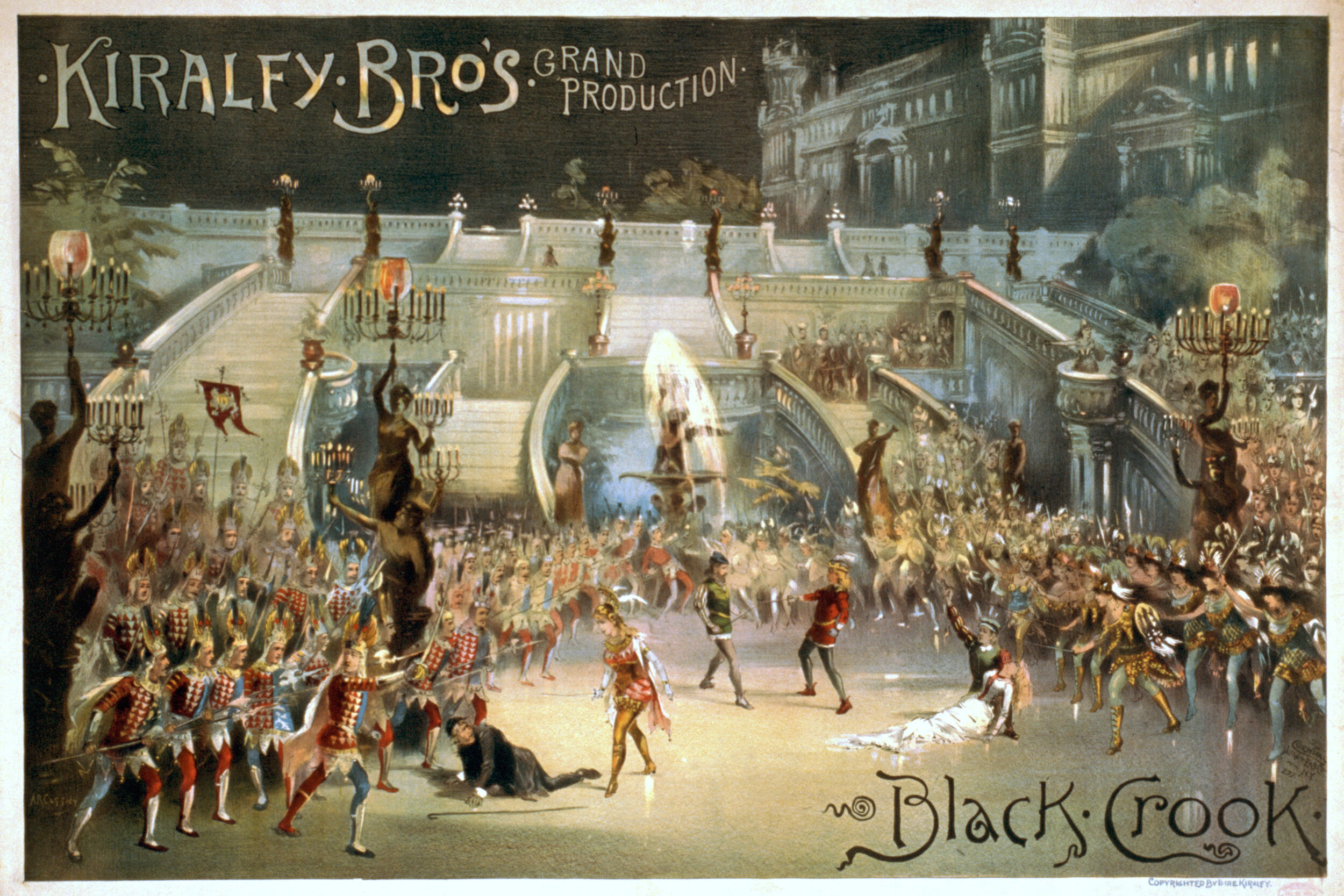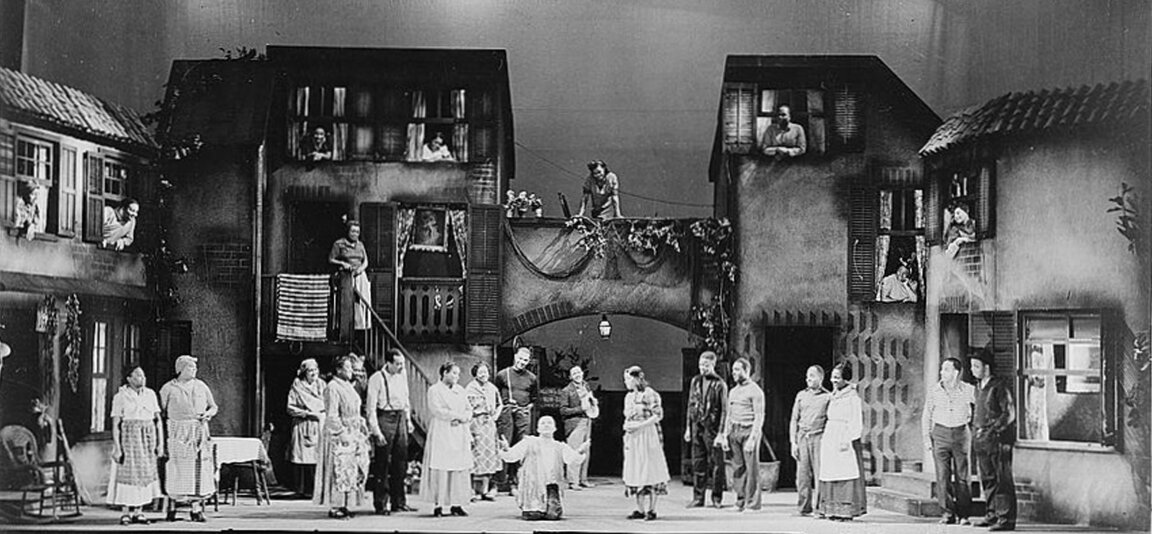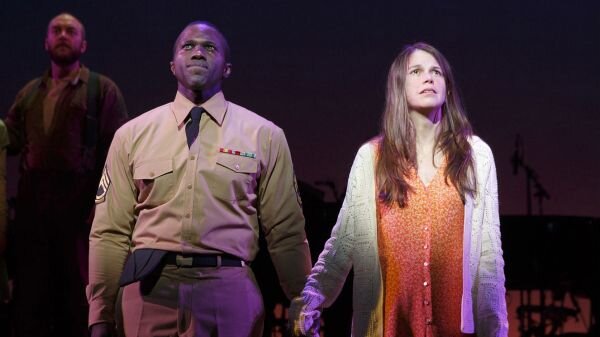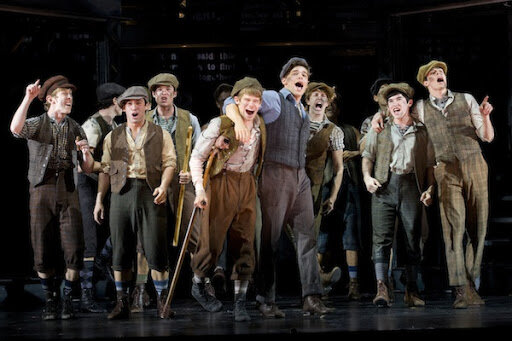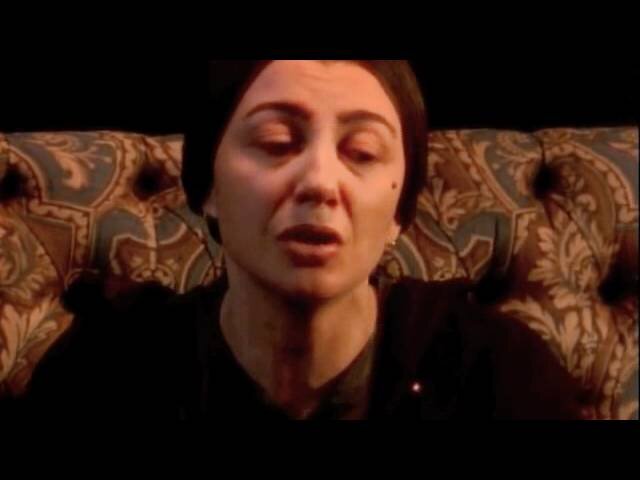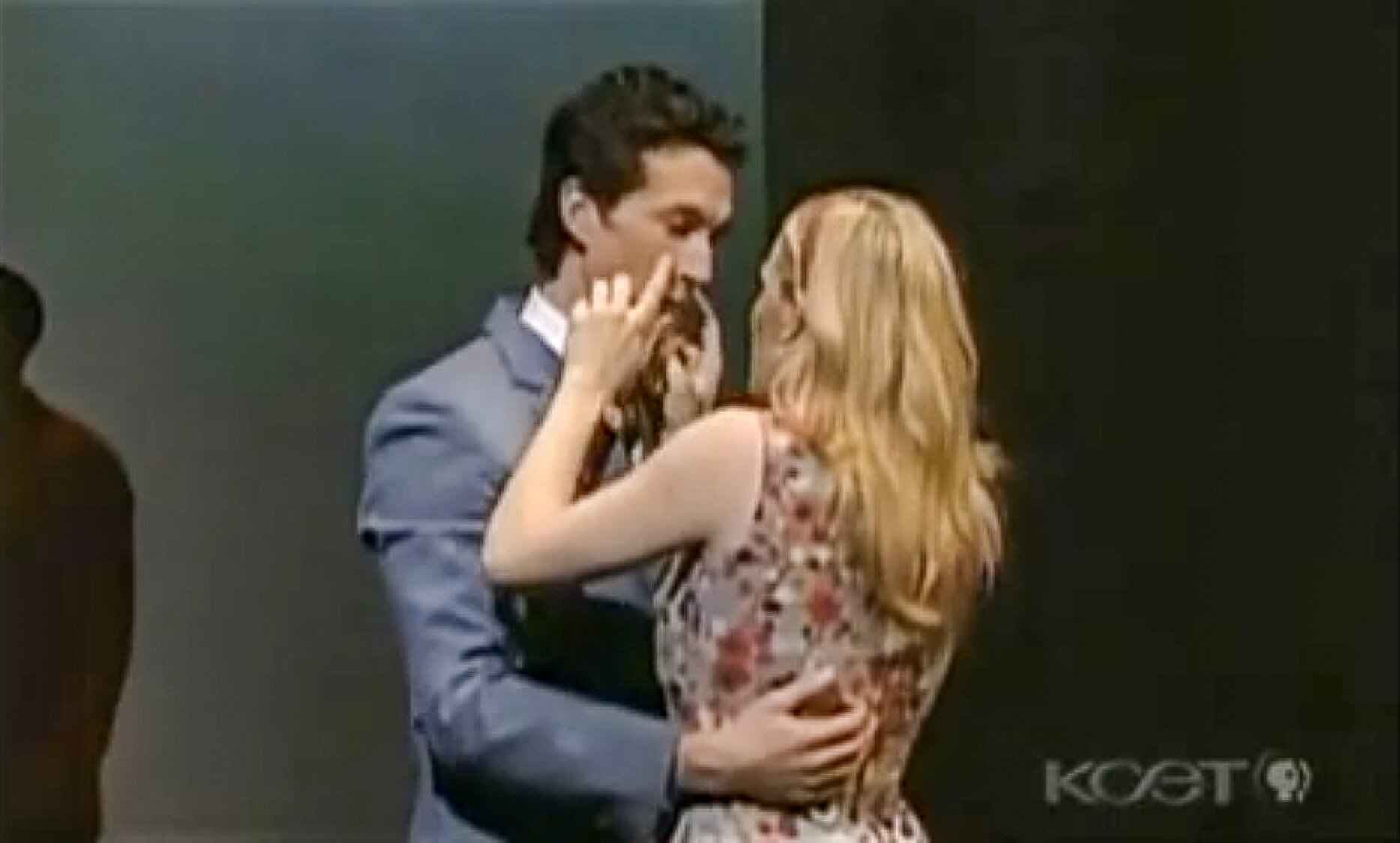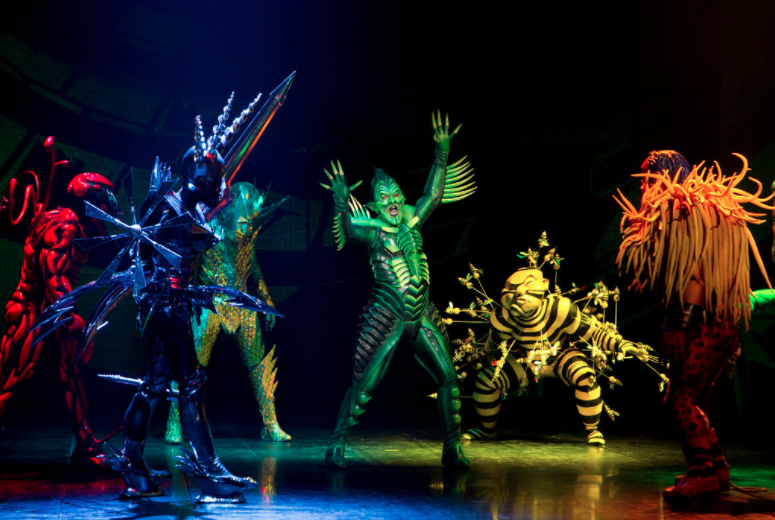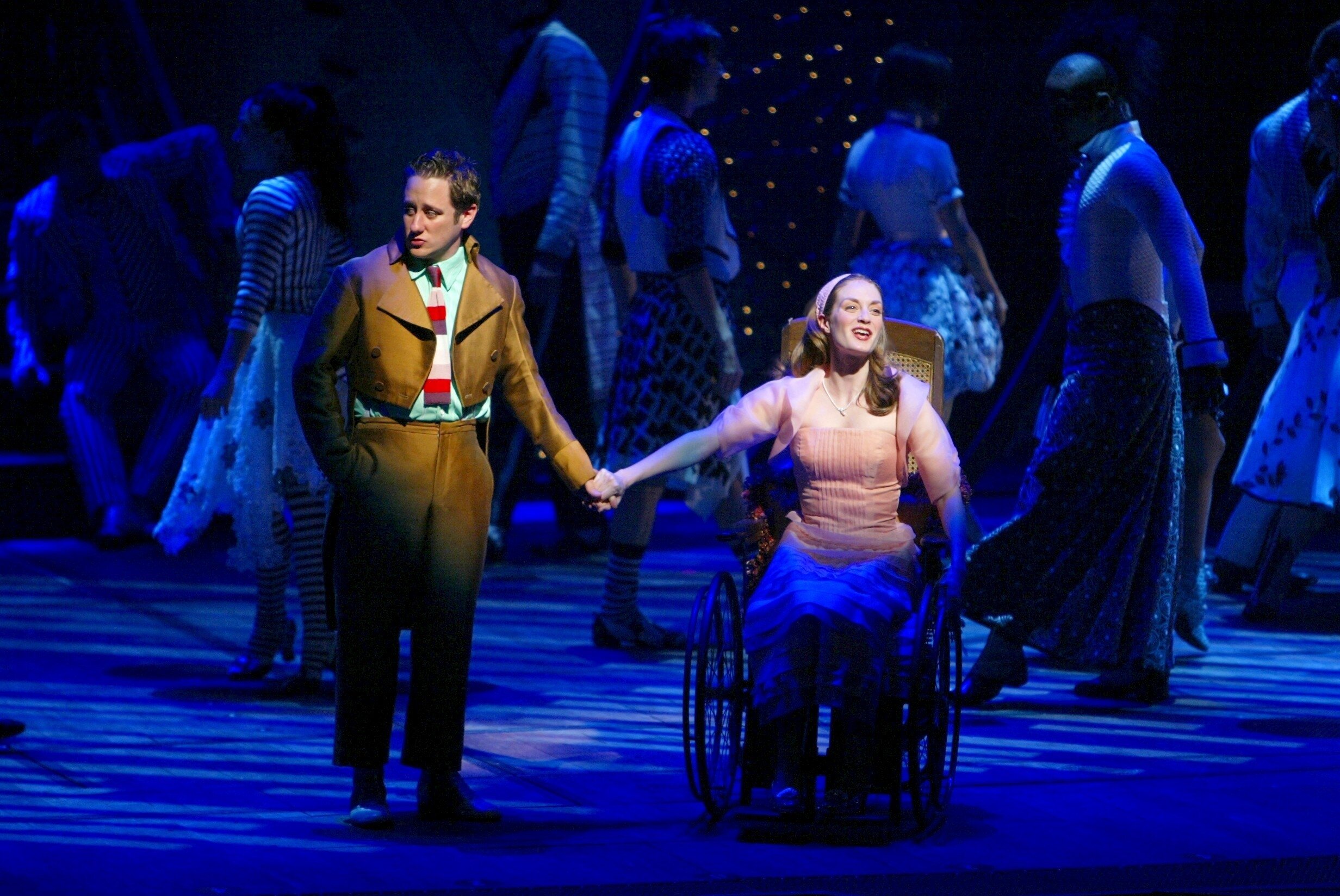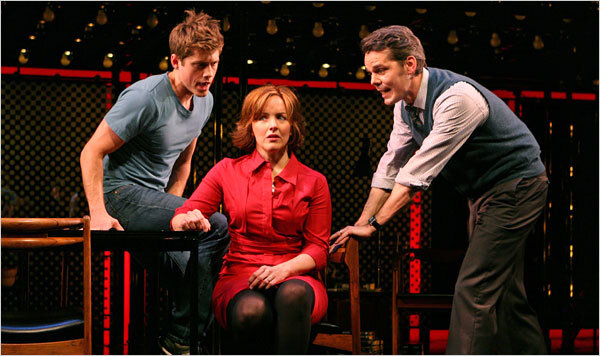Cripping Broadway: Producing Disability in the American Musical
Mock cover image for Cripping Broadway: Producing Disability in the American Musical.
My current monograph in-progress Cripping Broadway: Producing Disability in the American Musical uses musicals to intervene in conversations about disability, gender, and race performance in U.S. American cultural production. By centering the Broadway musical and its industry expectations of the nondisabled triple-threat performer, we can identify the pervasiveness of able body in our creative and social imaginaries and recast our commitments to equitable representation in popular entertainment. As I argue throughout this book, academics, critics, and industry artists have long-used methods of producing embodied differences like race and gender onstage to perceive disability onstage. Some of these tools, such as prosthetics and costuming, physically append the body in obvious, if problematic ways. Others, such as invocations of blackface minstrelsy and gender drag seem to expand our critical consciousness about the production of difference on stage but create uneasy elisions around disability due to their political and ideological pressures. Cripping Broadway wields the polemics of “crip”—an affirmation of disability as a valuable and marginalized identity at the intersection of race, gender, and sexuality—and mobilizes it as an analytic tool for thinking with a theatrical industry that seems, on its surface, to have a contentious relationship to disability.
Teaching Writing Across Theatre and Performance Studies: A Resource Guide
This textbook is a collection of pedagogical essays that bridges Writing Studies curricula to Theatre and Performance Studies classrooms. From traditional Play Analysis and Theatre History courses that often require thesis-driven work to creative writing courses like Playwriting, writing is everywhere in Theater and Performance Studies. Yet, many of these courses–particularly in performance-centered BFA programs, fail to emphasize the tools common to writing studies programs that help students generate and refine new work. Focusing on cross-field “Writing in the Disciplines” and Critical University Studies approaches, this collection asks, What does disciplinary writing in Theatre and Performance Studies look like? How do our curricula, research, and pedagogy enable or hinder student flourishing? This collection of essays from scholars teaching at a range of institutions surveys both undergraduate and graduate TaPS classrooms for best practices and common pitfalls in writing instruction; provides practical lessons for teaching students the mechanics of research methods, editing, and revision; and offers course assignments and policies to support instructors seeking to enhance student writing within classes where composition and rhetoric may not be designated as explicit course topics or within its education goals. Contains 23 chapters and an appendix of original lesson plans for teaching research writing, dramaturgy and criticism, and applied arts writing in theatre, dance, and performance studies courses.
Strange Speech: Codemeshing Disability and Disorder in Performance
I have begun work on a second project, provisionally titled Strange Speech: Codemeshing Disability and Disorder in Performance. This book mobilizes antiracist theories of code-meshing and disability performance against speech and communication disorders to study embodied and combinatory forms of code-meshing in crip/queer performance. By asking how disability and race generate and shape linguistic forms that play in and through inaccessible social structures, I make legible the ‘crip’ embedded within our cultural “scripts.” Case studies include 18th and 19th-century U.S. American and British theatrical production, Writing Studies classrooms, Deaf Drag performances, slam poetry, radio, and popular tv and film. Early research for this project appears as “A Critical Guide to Code-meshing, Multilingualism, and Musicals,” pp. 359-74, in The Routledge Companion to Musical Theatre (Routledge 2022), edited by Laura MacDonald and Ryan Donovan. This work received the Honorable Mention for the 2023 Vera Mowry Roberts Research and Publication Award from the American Theatre and Drama Society for the best peer-reviewed theatre essay published in English. The project’s next stage, “‘Mend your speech’: Elizabeth Inchbald, Dysfluency, and the Remaking of Theatre History,” is supported by the 2023 Research Fellowship from the American Society for Theatre Research and a 2024-2025 Research Fellowship at the Folger Shakespeare Library in Washington, D.C.

